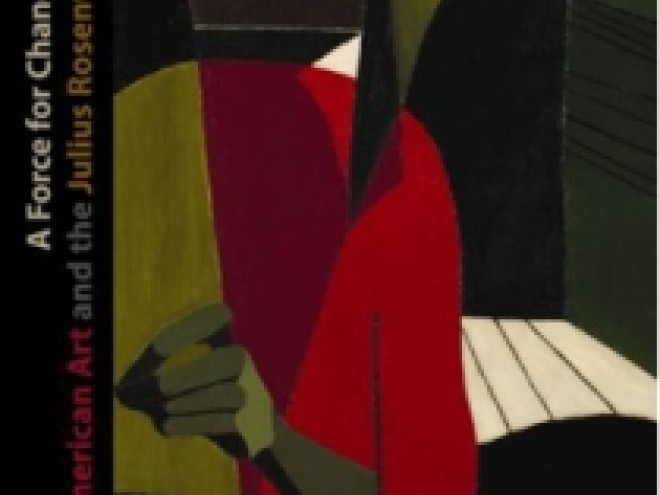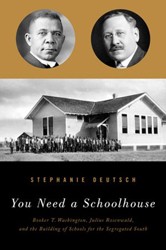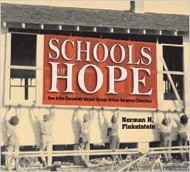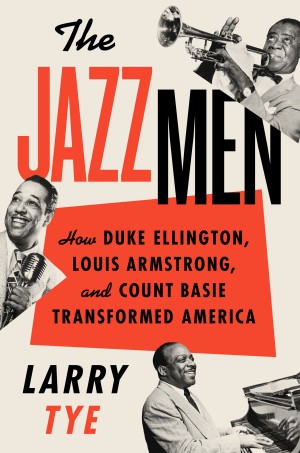In addition to being one of the early twentieth century’s multimillionaires, Julius Rosenwald was one of its greatest philanthropists as well as one of its strongest proponents of Jewish commitment to tikkun olam, or repairing the world. According to Hasia R. Diner, Rosenwald’s “Jewish heritage imposed upon him the privilege of seeking to do or bring about justice. The bedrock of his philanthropy was his call for Jews to accept their civic duty and demonstrate their commitment to a better society.” In Julius Rosenwald: Repairing the World, Diner explores the ways Rosenwald’s Jewish heritage shaped his philanthropy and his social ideals.
The son of immigrants, Julius Rosenwald was born in 1862 and grew up in modest circumstances, never knowing deprivation. His parents owned several clothing stores; Julius learned the basics of merchandising in Springfield, Illinois. After a stint in New York, he moved to Chicago, where he launched a business manufacturing men’s summer suits and eventually joined forces with Richard Sears and Alvah Roebuck. He made their business so successful that it became one of the nation’s largest companies. Rosenwald reigned supreme at Sears-Roebuck from 1914 to 1924.
After the Great Depression in the 1930s, Julius Rosenwald turned his attention toward philanthropic projects, mainly those founded by and for Chicago Jews. He embraced work that aimed to erase divisions in society, with a strong emphasis on creating economic opportunities. Rosenwald was a Reform Jew, believing in a religious system with ethical values; he was also a Progressive, believing that economic inequality was the core problem of society. Both ideologies propelled him to philanthropic heights.
Using his millions, he supported the West Side Hebrew Institute, an institution where Jews and non-Jews could integrate, fostering Jewish unity. He also founded the Jewish Historical Society of Illinois, and contributed to the Hebrew Union College as well as the Union of American Hebrew Congregations. Although he was opposed to Zionism because he felt that it emphasized the separateness of two populations and put Jews above Arabs, he did support the Technion in Haifa. Holding fast to the belief that religion is the foundation of Jewish life, Rosenwald gave to the Jewish Theological Seminary and to many synagogues around the world.
As Diner points out, Rosenwald sought “to bring Jews into positive contact with non-Jews and improve Jews’ lives. He sought to direct Jewish culture toward the general good, never making donations to benefit only Jews. His Jewishness underlay nearly all his actions, whether obviously Jewish or not.” That is why he felt it was his obligation to support African Americans. He invested millions in bringing black communities together — building elementary schools, YMCAs and YMHAs, and homes for black teachers, and donating funds to Tuskegee University and Howard College. Diner is careful to highlight the fact that Rosenwald’s contributions embodied the idea of “separate but equal;” they emphasized the importance of equality of blacks and whites, but never held any suggestion of integration.
The portrait Diner paints is one of a man whose generosity and belief in Jewish ideals transformed philanthropy and have made an impact on our lives today.





